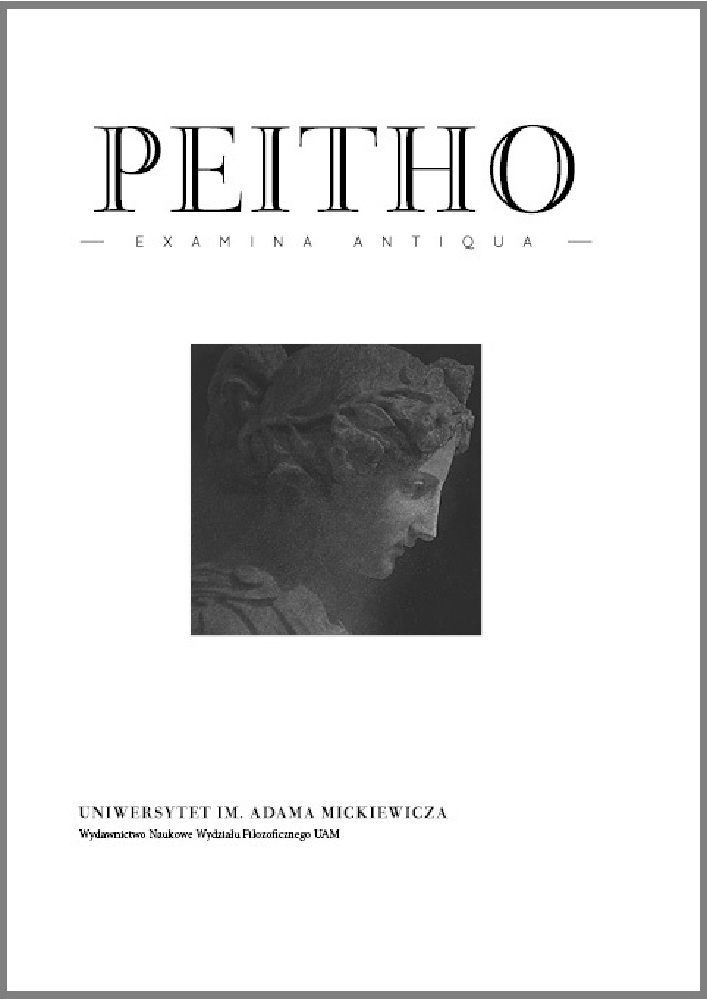Abstract
The present paper examined how Polish philosophers, historians and classicists understood and interpreted Plato’s Euthyphro in the 19th century. The article provides evidence for a twofold interest that Polish readers had for the dialogue in this period. Firstly, Catholic thinkers focused on the ethical issues of the dialogue and supported the revival of the Scholasticism, confirming, at the same time, the vitality of Plato’s thought. Secondly, the text of Plato’s opusculum was a convenient didactic material for various teachers of the Greek language: while the Euthyphro gave them the opportunity to raise ethical and logical issues, they also taught philosophy on the basis of this dialogue.
Funding
This study was financed from the funds for scholarly research in the years 2008–2010 as a project no. NN 101 116435. I would like to thank Una Maclean–Hanćkowiak for proof–reading the English text.
References
Adamski J., 1883/1884, „Euthyfron, pierwszy dialog Platona, rozebrany i oceniony w zastosowaniu do nowego ruchu myśli”, Warta 11, fasc. 483–486, 488, pp. 4577–4578, 4585–4587, 4593–4594, 4604–4606, 4617–4619.
Jezierski A. S., 1890, „Eutyfron” czyli o pobożności, Tarnopol.
Jeżewska K., 1957, „Słowo od wydawcy”, in: Platon, Uczta, translated by W. Witwicki, Warszawa, pp. 5–8.
Lutosławski W., 1897, The Origin and Growth of Plato’s Logic with an Account of Plato’s Style and of the Chronology of His Writings, London – New York – Bombay.
Pawlicki S., 1890, Historya filozofii greckiej od Talesa do Platona, vol. I, Kraków.
Platon, 1858, Dzieła, vol. 1, translated by A. Bronikowski, Poznań, pp. 247–272.
Platon, 1881, Protagoras, Eutyfron, translated by S. Siedlecki, Kraków, pp. 83–106.
Tralka J., 1897, Osnowa, układ i cel Platońskiego Eutyfrona. Istota idei, Stryj.
License
Peitho provides immediate open access to its content on the principle that making research freely available to the public supports a greater global exchange of knowledge.
